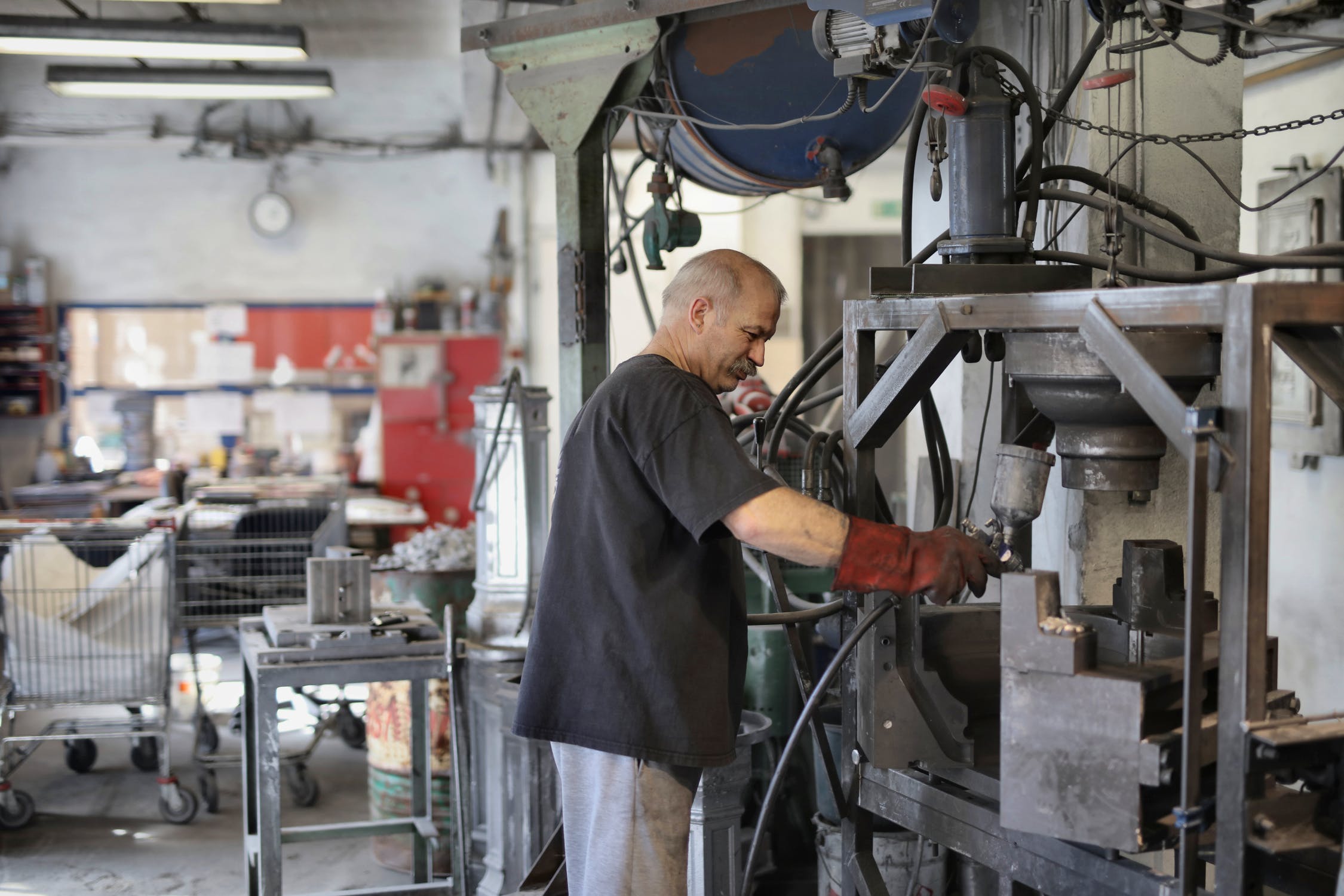With no labour market slack, issues related to Malta’s workforce shortage continues to deepen. At face value matters seem precarious. Is enough being done to address this problem, and is it really as bad as it looks?
This newsroom caught up with the Malta Chamber of SMEs CEO Abigail Agius Mamo, to have a better understanding of the state of the workforce shortage and its effects.
Now that the COVID-19 pandemic and its related travel restrictions are in the rear-view mirror, BusinessNow.mt wondered whether it has made it easier to find employees. Ms Agius Mamo put cold water on that idea, saying that, in fact, it became more difficult.
She explained that during the pandemic, a substantial number of workers left the country. Once COVID-19 restrictions were removed, “consumption picked up quite quickly, and it took a while for supply to catch up since there was quite a lot of pent-up demand. Fortunately, now things have started settling down.”
Ms Agius Mamo said that for now, businesses seem to have experienced a stretch of normality, and as a result, have started to bring people back into employment. But there are a lot of issues in finding the right fit for the job.
“The is quite the gap between how many workers we need and what we have, but it has reduced, now different issues have arisen.”
The skills gap has become a more critical issue than the workforce shortage, which is also contributing to wage cost increases. Ms Mamo said wage cost is one of the biggest concerns for Maltese businesses, citing the latest findings of the SME Barometer®.
She elaborated, “we have businesses who employ people who want to work with them but they don’t have the relevant skills, so the employer trains them from scratch and what happens then is, once they are trained, they move out to another company.”
“The way it used to work before, workers would get a pay rise if they increased their productivity or their knowledge and contributed more to their output,” explained Ms Agius Mamo, “Now getting a top-up to the wage outside of the contract has become the norm, to retain workers.”
This indicates that businesses are put between a rock and a hard place, as their labour costs and productivity are decoupled, which is eating into their bottom line.
“I’ve regularly had businesses tell me that, ‘we just need someone to work,’” added Ms Agius Mamo.
When asked whether there is enough support from the Government in addressing the workforce shortage, Ms Agius Mamo affirmed that they have had significant cooperation in facilitating recruitment from abroad.
“It used to be quite difficult, but they have helped us to reduce bureaucracy and the time frame” Ms Mamo added.
“Now we need to focus on skills. Linking the workforce shortage with skills” explaining that it is not just necessary to source workers, but to source workers with the skills that Malta needs.
She shed light on the fact that before, “Malta had trade schools that have since closed. This led to a gap in students learning a trade, creating a lack of skilled labour.”
Asked whether Ms Agius Mamo is optimistic on matters in the medium-term, she made it clear that at the moment, “I can’t say I’m optimistic.”
She highlighted that a lot of effort has been put in by the Chamber of SMEs over many years to arrive where matters are now in addressing the workforce shortage.
While the supply is being addressed, the skills gap isn’t as of yet, “there is a lack of secondary planning.”
Malta targets five direct long-haul flights by 2033
Vision 2050 strategy targets five direct long-haul routes by 2033
Employers take umbrage at video promoting public sector’s flexible work arrangements
The video outlines a range of flexibility options available to public sector employees
Malta’s inflation eases to 2.5% in January as food prices remain main driver
While overall inflation continued to moderate at the start of the year, price pressures remain uneven across categories






